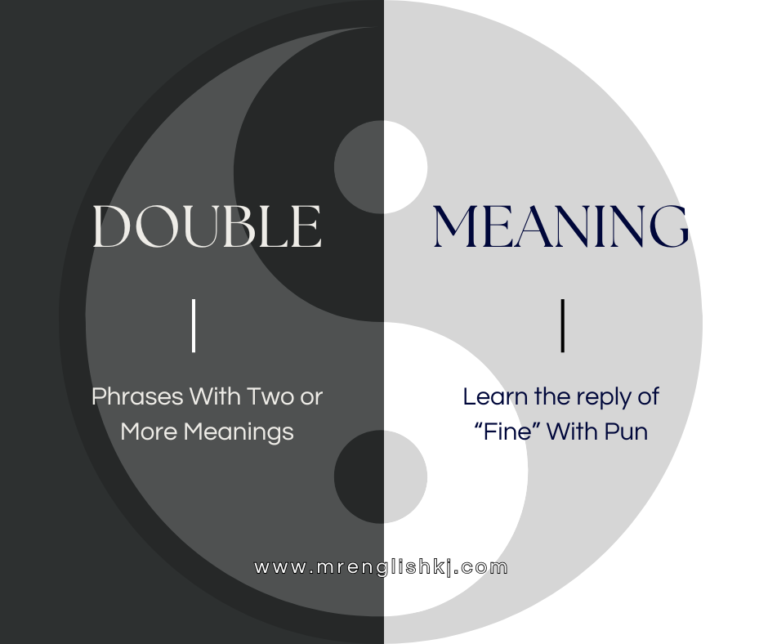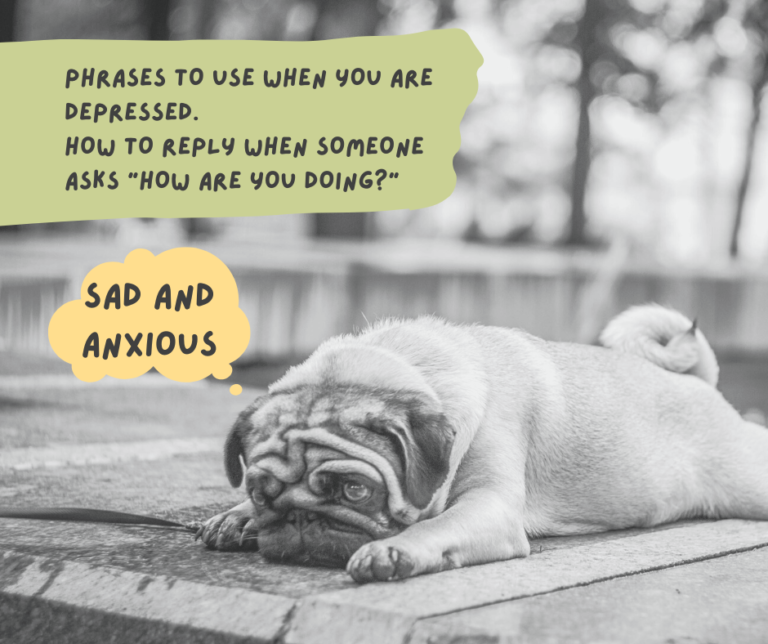Must
Must = We use ‘Must’ to express deduction, conclusion, strong obligation, necessity, a strong possibility, rule, law, invitation, encouragement, and criticism.
Modals = Modal Verbs are all about the expressions but not the action.
Must Rules
- Must + Verb 1st form = He, She, It, I, You, We, They, This, That, These, Those, Singular Noun, and Plural Nouns…
Must Format
- Affirmative = Subject + must + verb 1st form + other words.
- Negative = Subject + must + not + verb 1st form + other words.
Must + not = mustn’t.
- Simple Interro = Must + subject + verb 1st form + other words?
- Simple Interro Negative = Must + subject + not + verb 1st form + other words?
- Interrogative = Wh-family + must + subject + verb 1st form + other words?
- Interrogative Negative = Wh-family + must + subject + not + verb 1st form + other words?
Must Definition
1. Deduction or Conclusion = We use “Must” to express a fact that we carefully think before expressing. We come to the conclusion after thinking carefully about something, we use “Must” to express that something.
e.g. – We do not use “Must not” for this definition. When we make a negative sentence, we use “Can not” in place of “Must not.”
- She is so little. She must be 3 years old. (deduction or conclusion)
- I have been blacklisted from everywhere. I cannot find a new job. [(deduction or conclusion) (
He must not find a new job.)] - He loves her. He must propose to her tonight. (deduction or conclusion)
- After researching for years, I can finally say. Girls can’t propose first. [(deduction or conclusion) (
Girls mustn’t propose first.)] - They are not writing anything on the examination sheet. They must fail. (deduction or conclusion)
2. Strong Obligation or Necessity = We use “Must” to express strong obligation and necessity. It is like a direct and forceful obligation. Necessity means, “compulsory to do or happen.”
e.g. – You can understand the difference between “Strong Obligation” or “Necessity” by the expressions of the person.
- They must build more public hospitals. (Necessity = Means of the sentence – It’s compulsory to build more public hospitals)
- They must not enter here. (Necessity = Means of the sentence – It is your obligation that they do not enter.)
- Must I find them before it’s too late? (Ask for Necessity = Means of the sentence – Is it compulsory for me to find them.)
- To kill parasites, we must boil water. (Necessity = Means of the sentence – It is compulsory to boil water for killing parasites)
- For how long must he hide there? (Ask for Necessity = Means of the sentence – For how long is it compulsory for him to hide there?)
3. Rules and Laws = We use “Must” to express any rules or laws. It is definite to follow the rules and laws. It is similar to necessity and a strong obligation to follow the rules and laws.
e.g. –
- You must not park here. (rule or law)
- You must not feed animals here in the zoo. (rule)
- One must respect the honorable judge. (law)
- People must wear the mask in a public place. (rule or law)
- All students must wear school uniforms. (rule)
4. Formal and Polite Invitation = We use “Must” to express strong formal and polite invitations.
e.g. –
- He must visit my home someday. (strong invitation)
- You all must come to my wedding. (strong invitation)
- They must work with us. (strong invitation)
- She must join our family dinner. (strong invitation)
- You must not enter this building. (strong no for invitation)
5. Criticism = We use “Must” to express criticism. We always make a question when we criticize using “Must.” For understanding the criticism, you focus on the expression of the person when they make a sentence.
e.g. –
- Must they keep singing that terrible music? (criticism)
- Why must he not understand anything quickly? (criticism)
- When must she wake up early morning? (criticism)
- Mustn’t you be any more stupid? (criticism)
- How must you survive in school? (criticism)
6. Encouragement = We use “Must” to express encouragement. We motivate people using “Must.”
e.g. –
- Come on! You must win the race. (encouragement)
- We must pass this examination. (encouragement)
- I must finish it before dinner. (encouragement)
- This is high time. Everyone must participate. (encouragement)
- I must stand on my feet because I can and I will. (encouragement)
7. Strong Possibility = We use “Must” when there is a strong chance to do or happen in the future. We express strong future possibility, we are not sure about it. We make a deduction and conclusion about it that is why there is a strong possibility.
e.g. –
- Don’t start the party! He must join us within a minute. (strong possibility)
- No problem. We must come with a new plan. (strong possibility)
- When must they start worrying about their future? (ask for the strong possibility)
- She must become a star someday. (strong possibility)
- You must join the army next time. (strong possibility)
Modals = Modals are all about the expressions that do not take place. When we use Modals, we only express, we do not do it. When we do, we use Tense.
Modals – can, could, may, might, should, would, will, shall, ought to, and must, etc.
Thanks for choosing us!


